Sciences may be learned by rote, but wisdom not
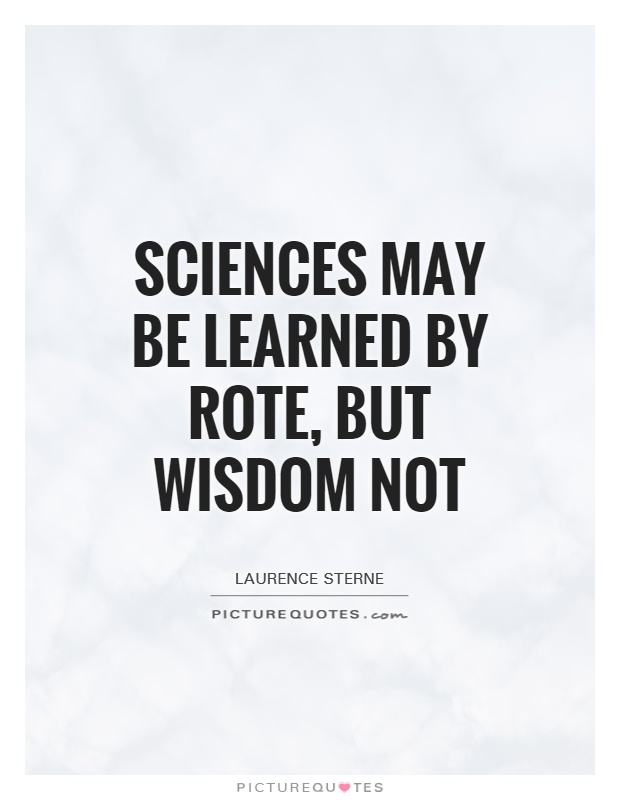
Sciences may be learned by rote, but wisdom not
Laurence Sterne, the renowned 18th-century novelist and clergyman, is best known for his groundbreaking work "The Life and Opinions of Tristram Shandy, Gentleman." In this novel, Sterne explores the complexities of human nature, the absurdities of life, and the limitations of knowledge. One of the central themes that Sterne grapples with in his work is the distinction between learning through rote memorization and acquiring true wisdom.In the quote "Sciences may be learned by rote, but wisdom not," Sterne highlights the difference between mere knowledge and genuine understanding. While sciences such as mathematics, physics, and biology can be memorized and regurgitated, true wisdom cannot be acquired through rote learning alone. Wisdom requires a deeper level of insight, reflection, and experience that goes beyond the surface level of facts and figures.
Sterne's own life and work exemplify the pursuit of wisdom over mere knowledge. As a clergyman, Sterne was well-versed in the teachings of the church and the scriptures, but he also had a keen understanding of human nature and the complexities of the human experience. His novels are filled with wit, humor, and profound insights into the human condition, demonstrating his ability to transcend mere rote learning and tap into a deeper well of wisdom.

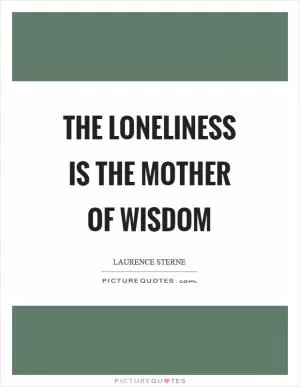
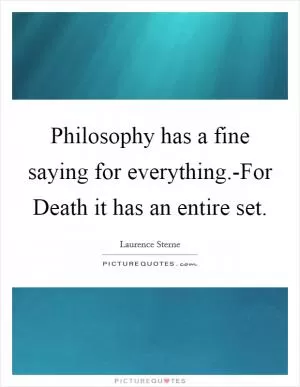




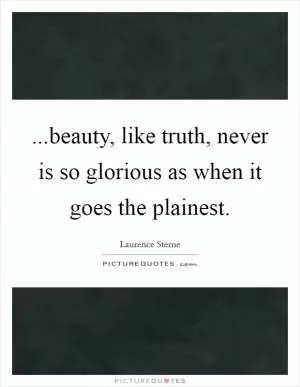
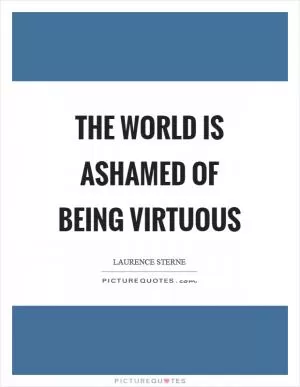

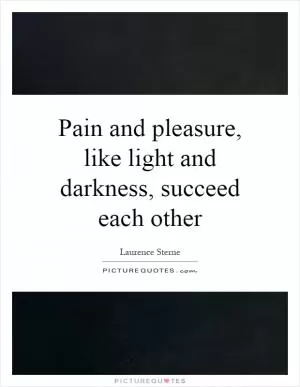

 Friendship Quotes
Friendship Quotes Love Quotes
Love Quotes Life Quotes
Life Quotes Funny Quotes
Funny Quotes Motivational Quotes
Motivational Quotes Inspirational Quotes
Inspirational Quotes